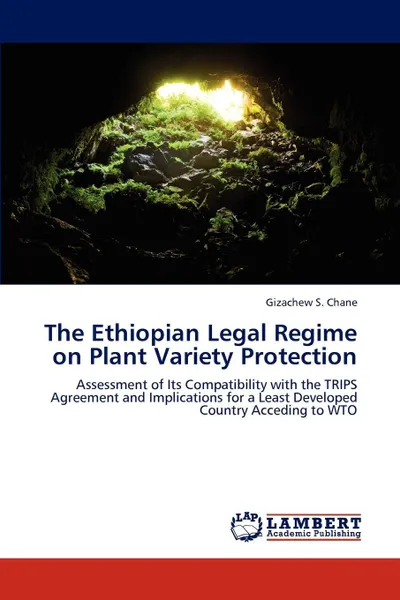The Ethiopian Legal Regime on Plant Variety Protection 12+
📓 The Agreement on Trade-Related Aspects of Intellectual Property Rights (TRIPS) is alleged to have ventured into a "one size fits all/a larger size fits all" approach by prescribing minimum level of IPR protection and enforcement to be adhered by all of its Members in the various fields of intellectual property Rights(IPRs). Though, the TRIPS Agreement, in relation to plant variety protection, purports to deviate from this alleged "one size fits all" approach by permitting Members to use alternative methods of protection, the absence of clarity in the Agreement as to the contents of these alternatives particularly as to what it takes for a Member to comply with "effective" sui generis system has rendered the depicted flexibility unreliable. Oftentimes the open ended clauses of the TRIPS Agreement have been restrictively interpreted to equate the effective sui generis option to some pre-existing precedents such as the UPOV system of plant variety protection, which was developed in the context of developed countries. However, close investigation of the issue shows that TRIPS Agreement has left considerable policy space to Members in designing plant variety protection laws.
Мнения
